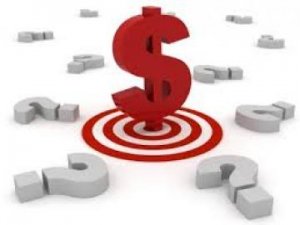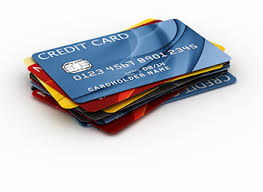A few rules of the right borrower
 To feel all the delights of using credit cards, you need to be a very careful and conscientious borrower.
To feel all the delights of using credit cards, you need to be a very careful and conscientious borrower.
After all, he who does not violate all conditions and constantly returns money on time, the bank, “turns his face”, doing everything for the convenience of the client. If you remember a few simple rules of “communication” with credit “plastic”, then life can be greatly facilitated. And we will leave the constant problems with money behind us. And bad days in our life will be replaced by good and stable. Despite the prevalence of cards, there are still people who bypass them, do not hold any, do not want to do this. And the myths and terrible tales are to blame: the credit card is an expensive bondage, where everyone gets of their own free will. But it turns out that the blame for all is simple ignorance and ignorance, which give rise to terrible financial “monsters.” Credit cards are simple, convenient and completely inexpensive. If not easier: most often – for free. Simply, each interaction takes place according to the rules and laws. And the key to the absence of problems lies in their knowledge and compliance.
Rule One: Be Realistic. Discard the loan amount if it is large. Let the loan be more modest, but on the other hand – you can do it. Rule two: forget about cash. Credit cards, and other cards, everywhere exist for non-cash work. Just think about the bonuses you can get. We paid for the purchase in a non-cash way with a credit card – we received up to ten percent of the amount spent back on the account. They presented a credit card for payment, and not a bundle of money – they received a discount of up to twenty percent. Bank transfer is normal and civilized. But there is, of course, one who feels the need to feel how a monetary paper touches their fingers. Only all this is in vain! Rule three: we draw up a card with a period when a repayment exemption is granted. And we strictly adhere to it. If you violate this period, then using a credit card will really turn into quite expensive and bonded pleasure.
Maturities should not be violated. This is the fifth rule. Returning money on time will ruin the bank’s good attitude towards you. And the bank is implacable: penalties and fines for late payments are very noticeable. And the last: leave a credit card at home if you do not need money right away. This will be a good protection against thieves, from loss, and, most importantly, from incredible cravings to spend everything up to a penny. If you know such an inclination for yourself, protect yourself from it – leave your credit card at home.
The note. If you need outsourcing of warehouse services, it is best to contact the professionals at rblogistics.ru. The company will outsource professionally and inexpensively.



